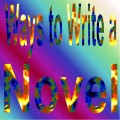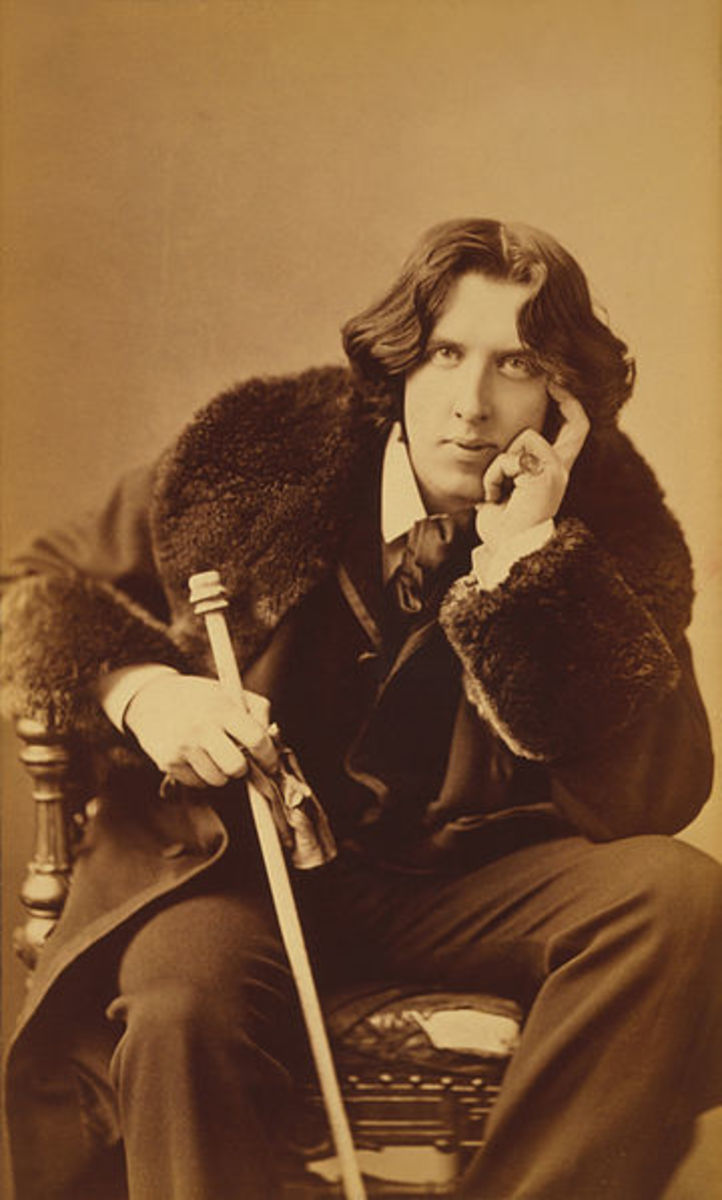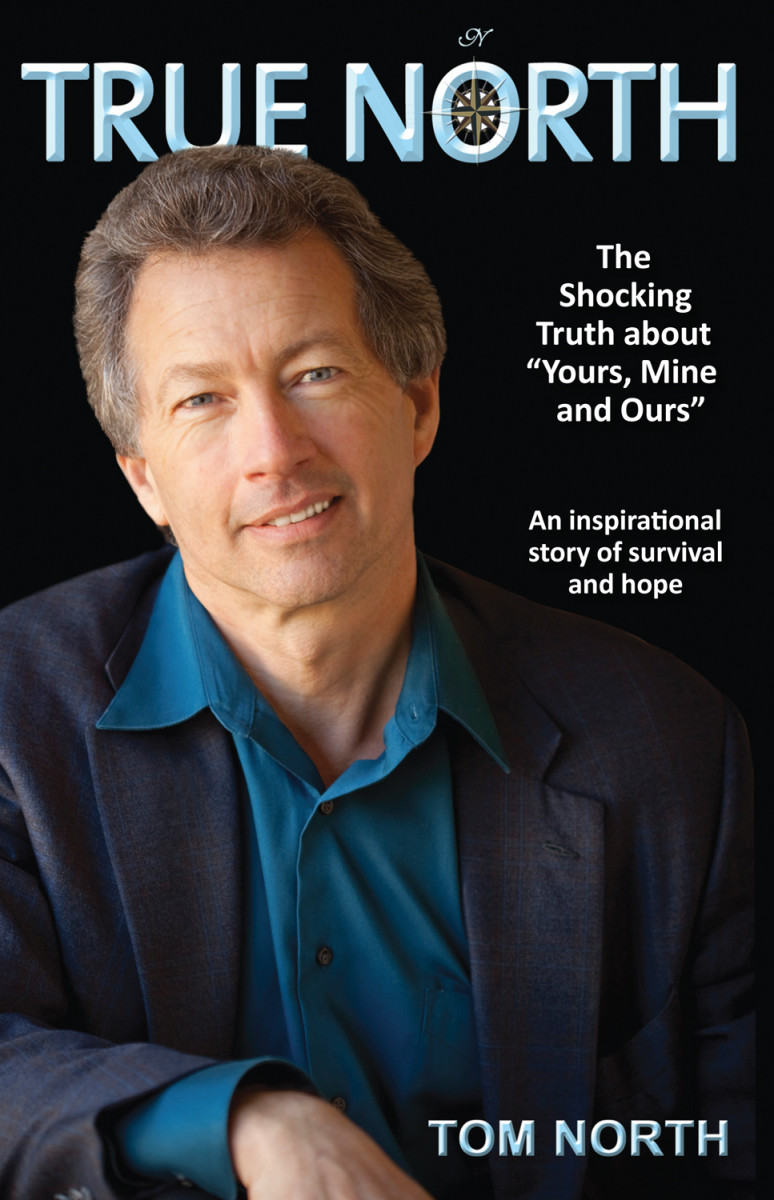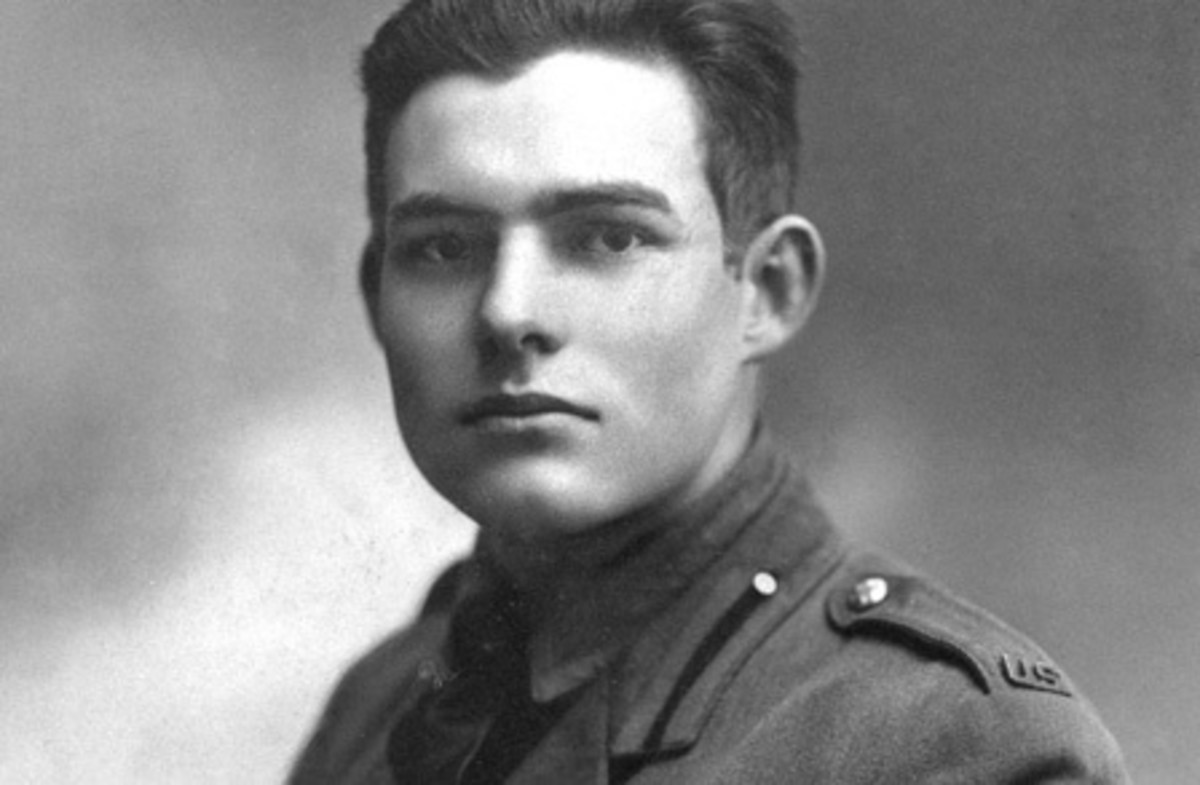The case for short form books- Why bigger isn't better
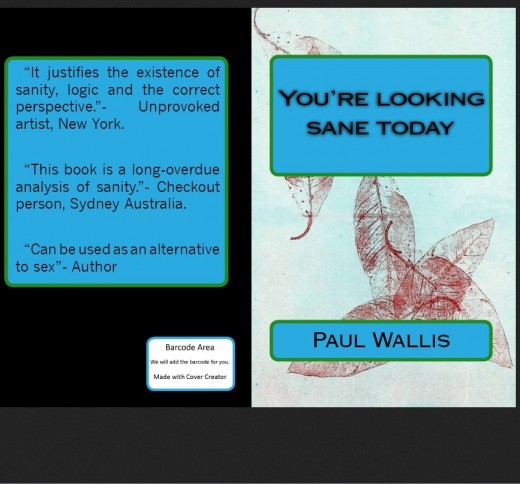
Must books be big? It’s a much-debated question and the answers so far haven’t been particularly useful for writers. I’ve been writing a few short form books lately. These things are about 50 pages, on specific subjects with short, sharp messages. The main reason for the departure from big 150,000 word books is content and reader value. A novel can justify going on for hundreds of thousands of words, (If you call 100 pages of mechanical dialogue a justification) but can a single subject?
If you’re writing an encyclopaedia or reference book, fine, there’s an obvious case for a bigger book. However- if you’re writing about an idea, at what point do you start to over-write the idea?
To me, belaboring a point is more damaging to an idea than sticking to basics. The idea can become dogmatic. You can even contradict yourself in the process. More to the point, a new idea can get very tangled up and messy if you start adding things to it “on principle”.
It’s even possible to dumb down by repeating or “explaining” issues. The reader is stuck with an idea which instead of remaining in clear focus turns into a bureaucratic exercise. Worse, the book may find itself full of “literary ornaments”, decorative writing at the expense of an idea, and sometimes at the expense of the flow of the book.
The risk in ornamentation is that a nice bit of prose with a few snappy expressions may become an actual obstacle to writing clearly. I’ve done it myself. I was re-reading one of my book drafts from a few years ago to find patches of colorful prose which as far as I can see have nothing much to do with the basic theme of the book.
Funny, yes, but way off topic. I went on a sightseeing tour in the middle of my own book- at the expense of readers, and from my reading of it, using up space that might have addressed other issues. You can imagine how pleased I was to find a few more of these things dotting the draft. It’s going to be a 50,000 word rewrite, starting from scratch. I can salvage some of it, but I did myself no favours as a writer with the departure from the driving ideas of the book.
I’d been thinking about this for a while when I bumped into Virginia Woolf’s A Room of One’s Own. This little book was originally a speech, upgraded into a short form book. It’s 112 pages in its sawn-off size Penguin edition. In regular paperback size, it’d be about 70 pages. Woolf packs a lot into this book, including some fascinating, but on topic, extrapolations, stories, and the body of the speech. She wrote it because she didn’t think the speech format adequately explored the idea.
That was enough to convince me. Woolf’s extraordinary style needs room, (excuse the pun) but she managed to stay on topic and cover a hell of a lot of points in a short form book very effectively. Another good story/book which I admire for its very high focus is Kafka’s The Burrow, which proves that Kafka is perhaps the greatest of first person writers and can address an idea in extreme detail in short form. The Burrow is on a par with Frankenstein and Jekyll and Hyde for its intensity and depth, and it’s the equivalent of a few chapters.
Not being Virginia Woolf or Kafka is just bad planning on my part as a writer, but the message was clear. If good finished writing is ultimately based on effective, efficient expression, less is better for drafts, anyway. What I call bare bones writing is the structural writing, the basic ideas and the core subject matter.
Style is a potential own goal for writers when addressing subjects. I write humour, and I write a lot of it. I also don’t spend hours cracking a single joke. The Threat-Hamster books are full of lots of jokes, but not more than a few paragraphs. Writing satire, more cannot be better because the text trudges along leading up to a joke while trying to make a point.
Voltaire doesn’t write lumbering great monsters, either. His scalpel-like wit didn’t encumber itself with turgid expression at the expense of his satire. Asimov, the ultimate “visualize it for yourself” science fiction writer, doesn’t go of in rhapsodies of descriptions, and probably saved himself from a lot of verbal hernias in the process. His big ideas were best kept as big ideas, not home decorator blurb.
Now my contribution to this long-running argument, such as it is-
I write humour. Rephrasing a joke isn’t telling a joke, it’s taking up space.
I write about ideas. Why should the reader be inflicted with some mass of qualifiers? Who am I trying to convince, myself or the reader?
If I am trying to convince someone, what’s wrong with letting the ideas stand on their own merits?
To my way of thinking, an idea is best viewed in its clearest form. Additions get in the way of perceptions of the idea and can obscure it completely. Imagine an engagement ring with a Christmas tree attached to it. Difficult to wear, and looking at the engagement ring could be a problem. The poor little diamond is hidden under the decorations, invisible.
Writers as a species should also know when to shut up. Shakespeare wouldn’t be any better as a result of adding more. (Shakespeare, in fact, was a very economic writer. He puts so much into short expressions that he should be considered a great example of short form within text. Not bad for a playwright lumbered with multiple characters, stage dynamics and carting around complex storylines.)
I just wrote a book called “You’re looking sane today”. The book starts by explaining that the Second World War never happened and that the United States, humanity, crime and law don’t exist on the first page. It’s very black humour and suffice to say I’m not expecting the Pulitzer committee to be breaking down the door any time soon.
The point is, why turn something like that into War and Peace? Why not let the readers suffer briefly and move on to other topics in the book, like the Evangelical obligations of sanity and Sane career moves? A long book would simply delay them getting the therapy they need.
Satire is satire, verbosity is verbosity. Sufficient case for short form books.
Again apologies for plugging my own books, but you can look inside and see what I mean and how I’m approaching the subject. Have also included Woolf and Kafka as recommended reading for writers who love to read.






